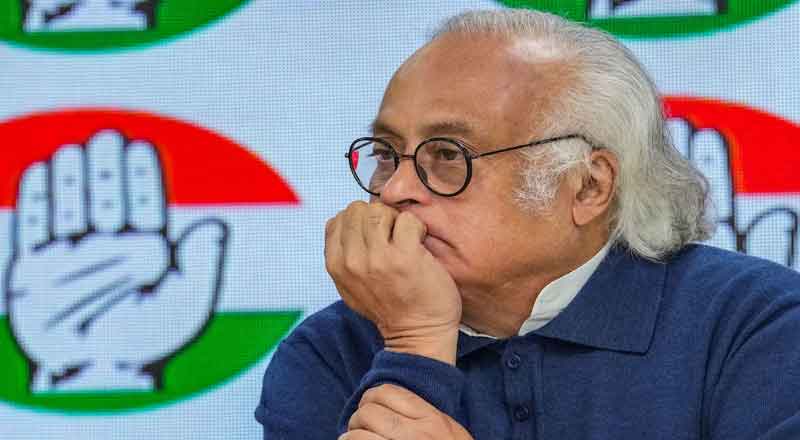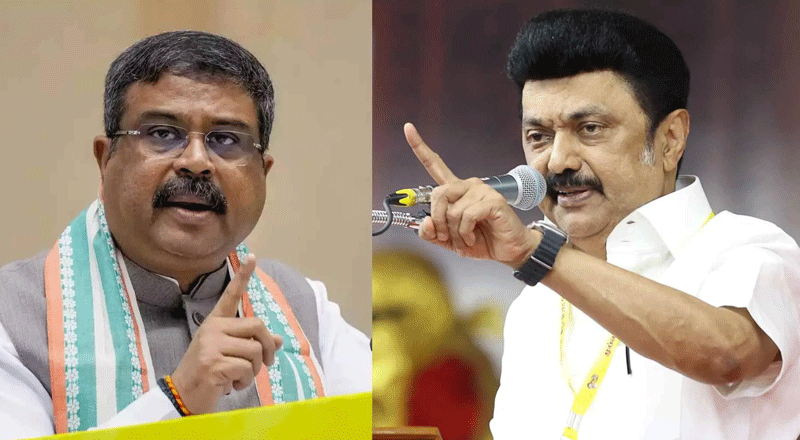In a notable move on Wednesday, the Congress party strategically distanced itself from Indian Overseas Congress chairman Sam Pitroda’s recent statement advocating for an inheritance tax system akin to that of the United States in India. Pitroda’s endorsement of the Congress party’s stance on wealth redistribution plans triggered a wave of political outrage as his video surfaced amidst the fervent campaigns of the ongoing Lok Sabha elections.
Senior Congress leader Jairam Ramesh swiftly stepped in to defend the party, asserting that Pitroda’s personal opinion does not align with the official position of the Congress. This calculated move by the Congress reflects its cautious approach to controversial issues during the critical electoral period, aiming to mitigate any potential backlash and maintain a unified front amidst the electoral fray.
In a recent twist of events, the political arena in India has been set ablaze by the remarks of senior Congress leader Sam Pitroda, inadvertently sparking a heated debate over the alleged plans for wealth redistribution by the Congress party. Pitroda’s mention of the inheritance tax system in the US during a television conversation has added fuel to the already raging fire, pushing the Congress onto the backfoot and giving the BJP fresh ammunition in the ongoing political skirmish.
The controversy erupted when Pitroda referenced the inheritance tax system in the US as an example of wealth distribution during an interview with a news agency. His comments were swiftly interpreted as a tacit acknowledgement of the Congress’s purported intentions for redistributive policies, sending shockwaves through the political landscape.
However, Pitroda was quick to clarify that his remarks were personal and not reflective of the party’s official stance. He emphasized that his comments were part of a broader discussion on socio-economic issues and should not be misconstrued as indicative of the Congress’s policy direction.
In an attempt to contain the fallout, the Congress moved into damage-control mode, distancing itself from Pitroda’s statements and emphasizing that they do not align with the party’s official position. Jairam Ramesh, a prominent Congress figure, underscored the importance of not sensationalizing Pitroda’s comments, attributing them to individual expression rather than party policy.
However, despite the Congress’s efforts to mitigate the controversy, the BJP seized on Pitroda’s comments to intensify its attack on the Congress. Accusations of advocating for “organised loot and legalised plunder” of citizens’ hard-earned wealth were hurled, further escalating the political tensions surrounding the issue of wealth distribution and economic policies.
In response, Congress leaders reiterated their commitment to social justice and economic equity, emphasizing the need to address the widening wealth gap in the country. They clarified that Pitroda’s remarks did not signify a concrete policy proposal but rather aimed to stimulate debate on socio-economic issues.
Amidst the political crossfire, Pitroda’s comments highlighted broader concerns regarding economic inequality and the concentration of wealth in the hands of a few. While the specifics of wealth redistribution policies remain a subject of contention, the underlying question of social justice and equitable economic opportunities continues to resonate in India’s political landscape.
As the electoral rhetoric intensifies, both the Congress and the BJP find themselves embroiled in a battle of narratives, with the discourse on wealth redistribution emerging as a focal point. The outcome of this debate could significantly influence the electoral fortunes of both parties and shape the future trajectory of India’s economic policies. In this charged atmosphere, the intricacies of economic policy and social justice are poised to take center stage, as voters grapple with the competing visions presented by the political contenders.
(With inputs from agencies)





